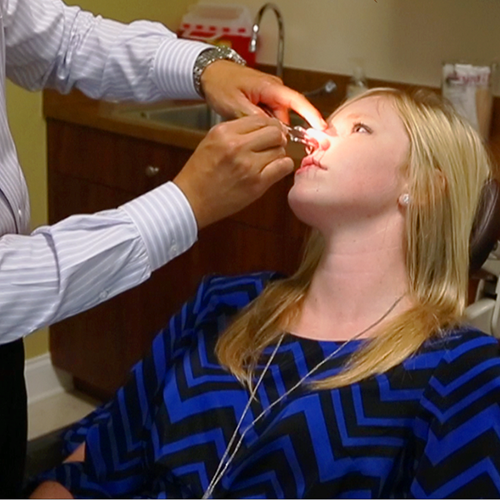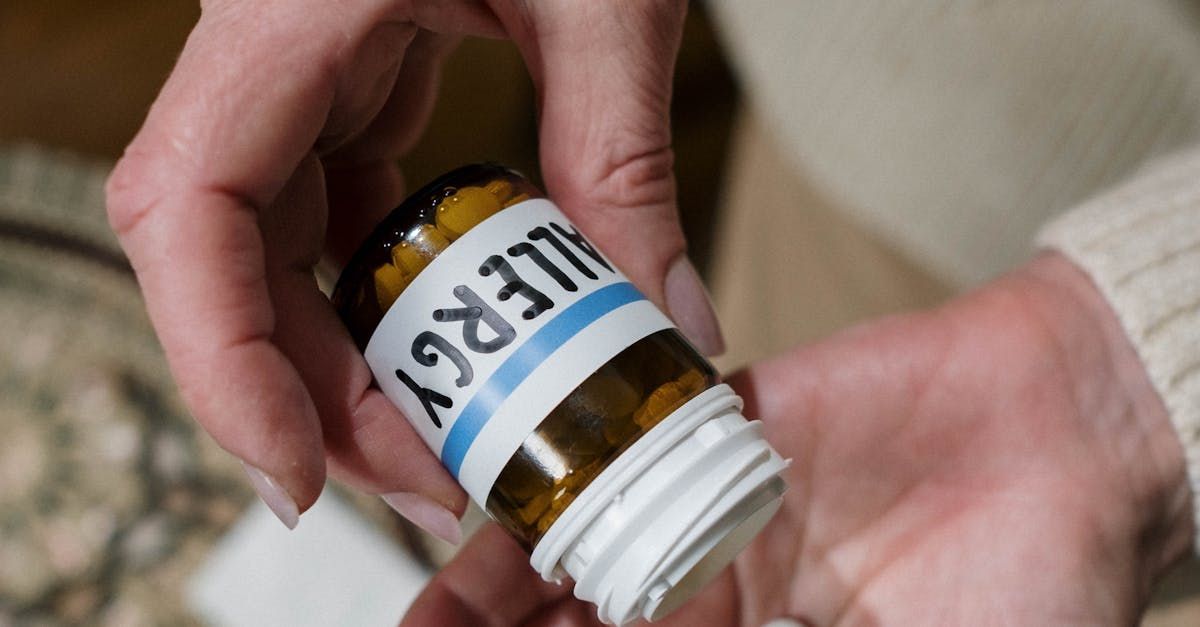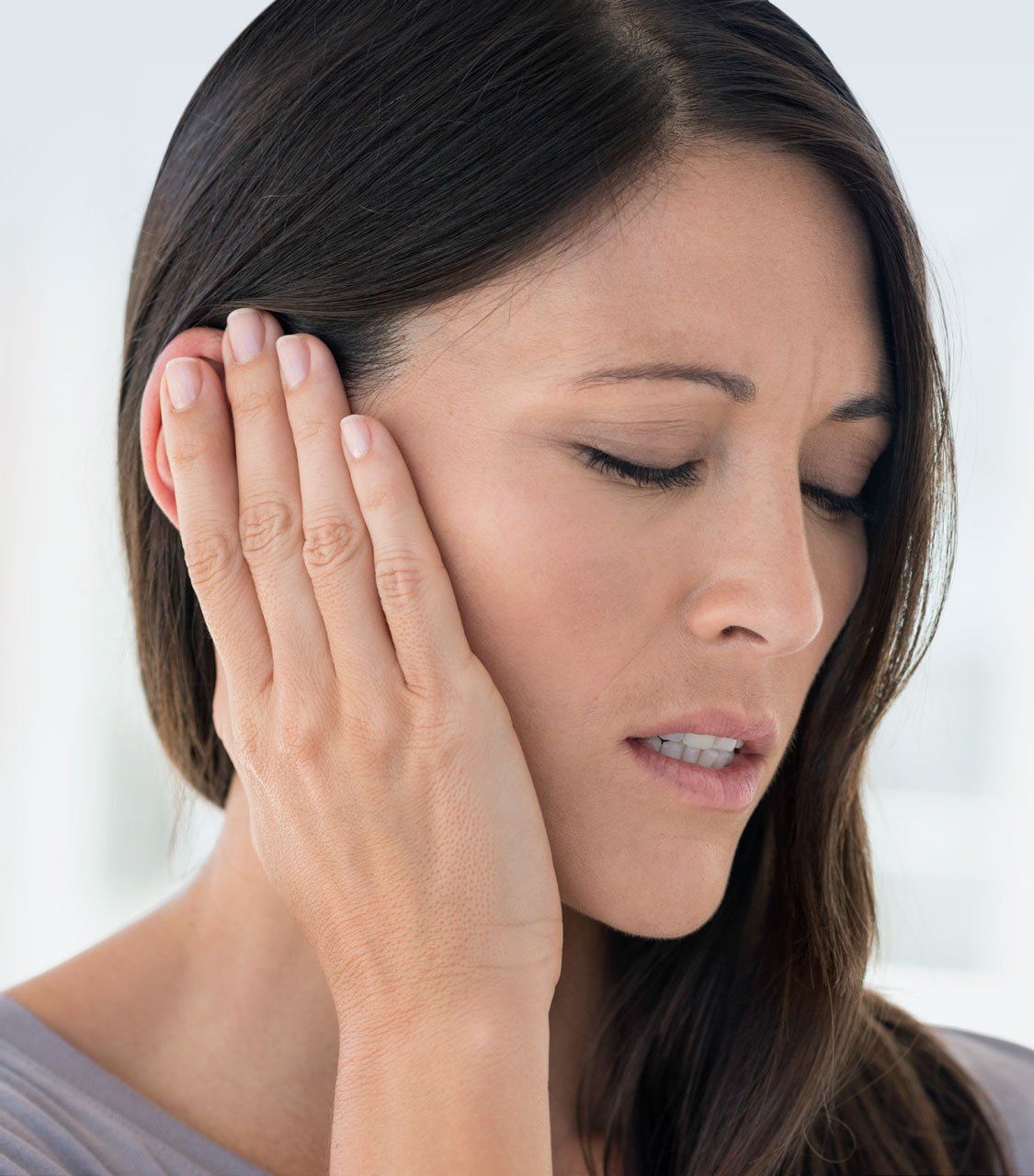Do I Have a Sinus Infection?

One of the most common reasons for doctor's visits in the U.S. is sinusitis. What is sinusitis? It's a sinus infection!
Sinus infections can be caused by viruses, bacteria, or even fungi. They're extremely uncomfortable, but most of the time, they're not serious.
We're here to talk about how to identify if you have a sinus infection as well as what to do next. Read on to learn more.
Sinus Infection Symptoms
So what should you expect if you have a sinus infection? If you notice several of these symptoms at once, it could be a sign that you have an infection.
Nasal Congestion and Related Symptoms
If you've been experiencing a stuffy nose, it may not just be the sniffles or the common cold. It could be a sign of a sinus infection. When your sinuses are inflamed, they swell which makes it more difficult to breathe.
You may also experience more nasal discharge than usual. You'll blow your nose more often. The discharge from your nose will be yellow or green due to the infection.
Headaches
Sinus headaches are early signs of sinus infections. The headache will feel like pressure around your sinuses. You may feel it in the front of your head, your jaw, and even in your cheeks and under your eyes.
Sinus headaches are often dull and throbbing rather than sharp.
Bad Breath
Bad breath isn't a direct symptom of a sinus infection, but it results from other symptoms. When you sleep with a sinus infection, you'll likely wake with a dry mouth due to your inability to breathe through your nose. Nasal discharge will also drip down into your throat.
As a result, you may have more severe "morning breath" than normal.
Throat Irritation
If you have a sore and scratchy throat, a sinus infection may be the culprit!
When you have a sinus infection, discharge from your sinuses will drip down into your throat. This can cause irritation. You may find yourself with a persistent cough.
Over time, you may notice your voice getting hoarse and scratchy.
Facial Swelling and Tenderness
The inflammation in your sinuses will lead to swelling and pain as a result of the pressure build-up. You may see visible swelling around your face (and the swelling may not be evenly dispersed).
Your face may also be sore to the touch.
Treatment
If your sinus infection is mild enough to be treated with over-the-counter medications, look for medications that include decongestants and antihistamines. These include loratadine, fexofenadine, Sudafed, and cetirizine.
Nasal decongestant sprays can also be effective for short-term use. If you feel the need to continue using a spray after three days, speak to a doctor instead.
If your sinus infection is severe and is not resolving after the use of over-the-counter medications, your doctor may prescribe antibiotics. In some cases, if a patient has chronic sinus infections, more extreme measures may be helpful.
Do You Have a Sinus Infection?
If those symptoms seem familiar, you may have a sinus infection! If you've been trying to treat your sinus infections at home to no avail, why not visit your local doctor for help?
At Meyerson Sinus Center, we treat a wide variety of sinus-related problems. Learn more about what we do and make an appointment today.











